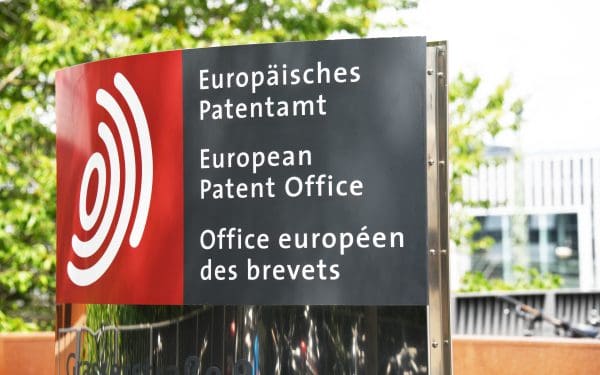The Unitary patent system brings changes to other systems. Currently, the European Commission is working on introducing its unified procedure. It will grant Supplementary protection certificates (SPCs) in the European Union (EU). It will fundamentally change the SPC system in the EU.
What is a Supplementary Protection Certificate?
To commence, supplementary protection certificates suit pharmaceutical and plant protection products. In addition, they can extend a patent right for a maximum of five years. That applies only to relevantly authorized products. It’s important to know that they will grant SPCs only for the basic-patent-protected products in the specific EU country. Moreover, they have to issue market authorization to place that product on the market.
How to obtain Supplementary Protection Certificates?
Currently, they will grant SPCs on a national basis. First, one should file SPC applications separately in each country where the basic patent is valid. Then, the current system determines differences in the scope of protection, granting procedures, and duration of the SPC between different counties. Moreover, every country will have to approve the separately-filed SPC applications, as every national patent office applies the criteria differently. Unfortunately, it can sometimes determine whether they will grant the SPC in one Member State but refused in another. Alternatively, they could receive a grant with a different scope in that specific country. To conclude, there are other requirements for product definition. Also, there are translation and maintenance costs for SPC in multiple territories.
Policy objectives of the European Commission
To overview, the European Commission (EC) is seeking to solve problems by setting four policy objectives:
- Increasing legal certainty about the procedure for granting SPCs;
- Providing unitary SPC protection for unitary patents;
- Making SPC-related information more transparent;
- Reducing the cost and burden of obtaining and maintaining SPC protection in the EU.
Overall, the EC proposes a centralized Unitary SPC system for administration, granting and enforcing SPCs in the counties where the Unitary patent is valid. They have yet to decide how the Unitary SPC system would operate. However, the Commission suggested the possibility of choosing a Unitary SPC or a unified procedure for granting national SPCs.
Extending Unitary Patents
Fortunately, Unitary SPC could extend the protection of unitary patents. Then granting national SPCs would equal European patents using the unified procedure. Likely, both unitary SPCs for Unitary Patents (UPs) and national SPCs for existing European Patents will be confirmed.
The SPC granting system must follow the EP opt-out or opt-in procedure. The SPC must also be opted out if the European patent is opted out. If different entities own the SPC and patent, all owners must opt out of the agreement.
Supplementary Protection Certificates: conclusion
The main impact of the proposed single SPC system would be on the pharmaceutical and agricultural industries. The unitary SPC or a unified grant procedure would simplify matters. Also, it would significantly reduce the cost and administrative burden on SPC users. A unitary SPC system will be more appropriate for generics and biosimilar manufacturers. For instance, they can determine protected territories for a product.
You can access our introduction to Unitary Patent (UP) and our provided UP Services for more information.




